The Strategic Dialogue between the GCC and Central Asian governments had its second ministerial meeting on April 15, 2024, in Tashkent, Uzbekistan, with participation from the State of Qatar. The delegation from the State of Qatar was led at the meeting by H.E. Sheikh Mohammed bin Abdulrahman bin Jassim Al Thani, Minister of Foreign Affairs and Prime Minister.
In the State of Qatar’s speech at the inaugural session, His Excellency stated that by deepening the GCC’s roles as success partners for other territories and expanding the current frameworks for cooperation, today’s meeting capitalizes on the potential and strengths of the Central Asian states and the Gulf Cooperation Council (GCC) and expresses a credible desire to strengthen relations.
His Excellency went on to say that there is a desire to talk about the specifics of the draft agreement on friendship, regional connectivity, and cooperation between the GCC countries and the Central Asian states in the near future. He also mentioned that the GCC Ministerial Council prioritizes the Strategic Dialogue with the Central Asian states and completes plans to increase cooperation with them.
His Excellency said that the council had emphasized this several times at its most recent annual sessions, highlighting how the first Strategic Dialogue, which took place in September 2022, marked a turning point in the two sides’ cooperation process and how it culminated in the first-ever summit of GCC and Central Asian leaders in July 2023 in Jeddah. The summit highlighted how eager all states were to carry on with this process.
His Excellency stated that the joint ministerial meeting is taking place in the midst of several global issues that the participating nations may address jointly. He listed these issues as climate change, the world food security crisis, terrorism threats, Islamophobia, and other issues.
In order to ensure the maintenance of regional stability and peace, he emphasized that the escalation the region has experienced over the past few days clearly highlights the importance of maintaining effective engagement and coordination among the various countries in the region, along with the shared emphasis on the imperative of de-escalating the incidents that pose instability or undermine this peace.
According to His Excellency, this escalation brought to light the warnings that have been issued time and time again since the conflict in the Gaza Strip began about the region’s potential to descend into a larger cycle of violence and the importance of the ceaseless efforts that have been made to prevent this from happening.
The Joint Action Plan between the GCC countries and Central Asian states for 2023–2027, which was endorsed during the first joint ministerial meeting and approved by the summit of GCC countries and Central Asian states, is a reference to the common challenges in a variety of political, economic, cultural, trade, industrial, and agricultural fields that require collective and coordinated action on the part of all states, in addition to setting innovative solutions and practical measures, said H.E. the Prime Minister and Minister of Foreign Affairs.
He emphasized that the GCC and the Central Asian states work hard to fulfill the goals of this summit, which include strengthening their ties to one another in all areas of cooperation, studying and formulating ideas and opinions regarding the coordination of politics and security, improving the relationships between financial and economic institutions, and fostering trade, investment, and cooperation in the fields of education and vocational training. They also share experiences in health and other areas that contribute to sustainable development and the realization of national interests.
In order to solidify the coordinated Asian action and boost political and strategic ties between the two sides on both a collective and bilateral basis, His Excellency emphasized the necessity of making persistent efforts on a global scale. He emphasized that by acting as a dependable regional and international mediator in resolving various crises and conflicts through peaceful and diplomatic means, as well as by making good efforts to explore just and practical solutions—as was recently demonstrated by the achievement of the armistice agreement for the Palestinian brothers in the Gaza Strip—the State of Qatar seeks to promote further peace, security, and stability at the regional and global levels.
Finally, H.E. the Prime Minister and Foreign Affairs Minister reaffirmed the State of Qatar’s steadfast efforts to find a genuine catalyst for a peace process that would have at its center a just, permanent, and complete settlement of the Palestinian question.
Source and cover image: Ministry of Foreign Affairs Qatar


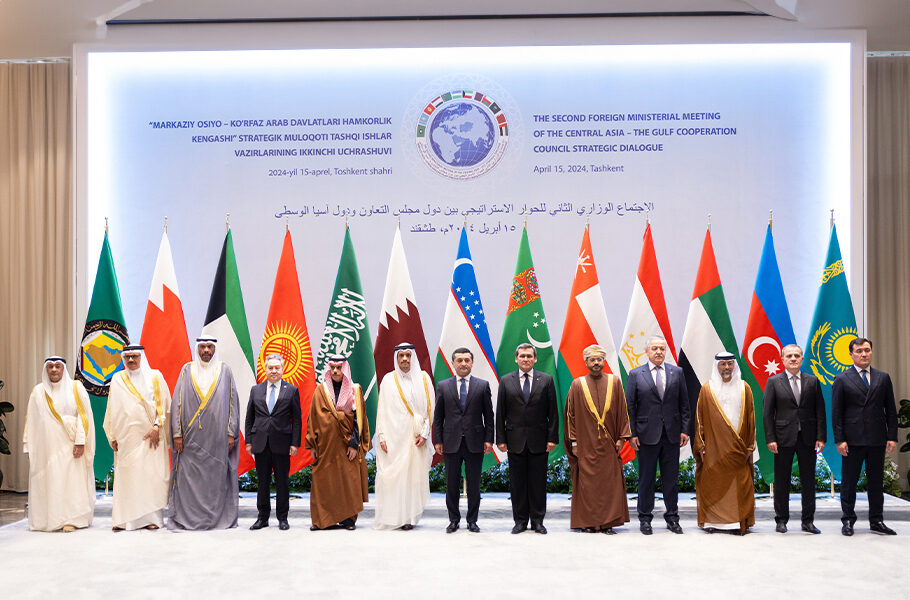
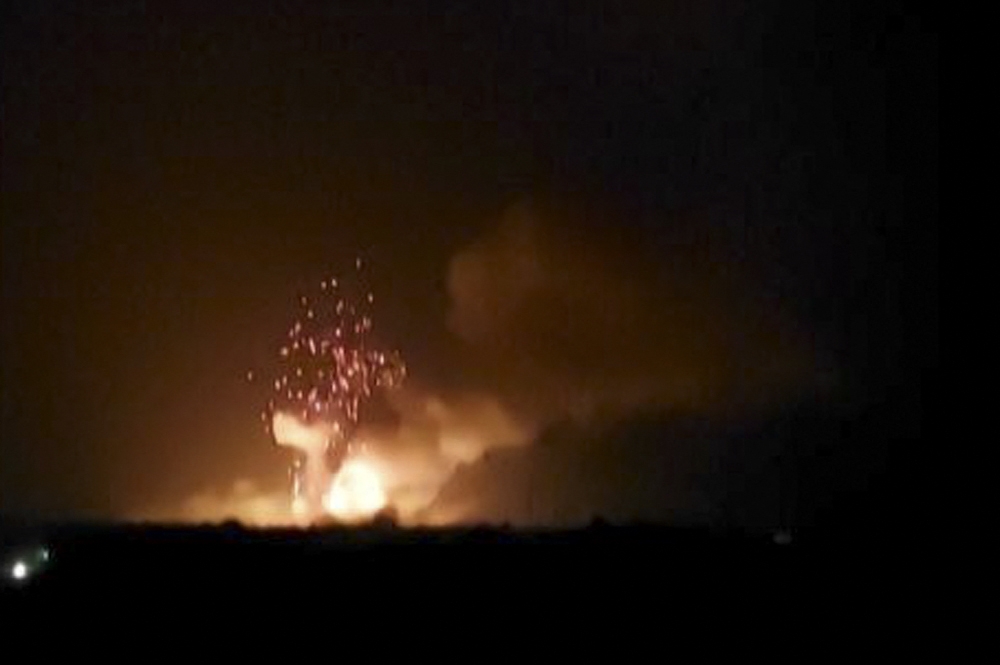

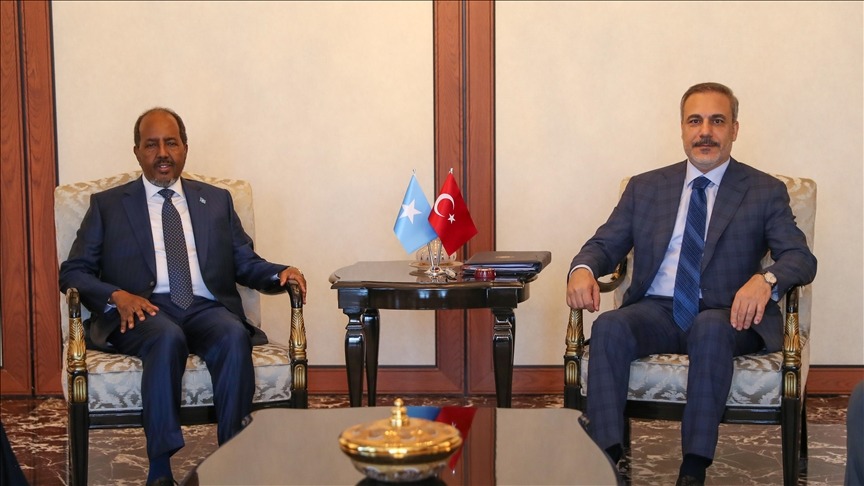
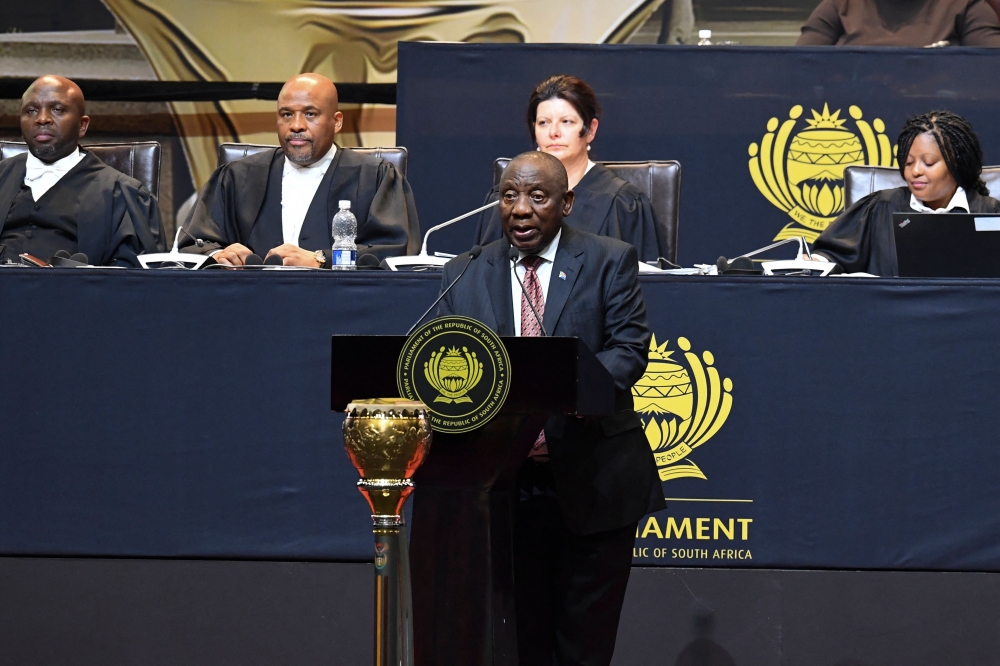
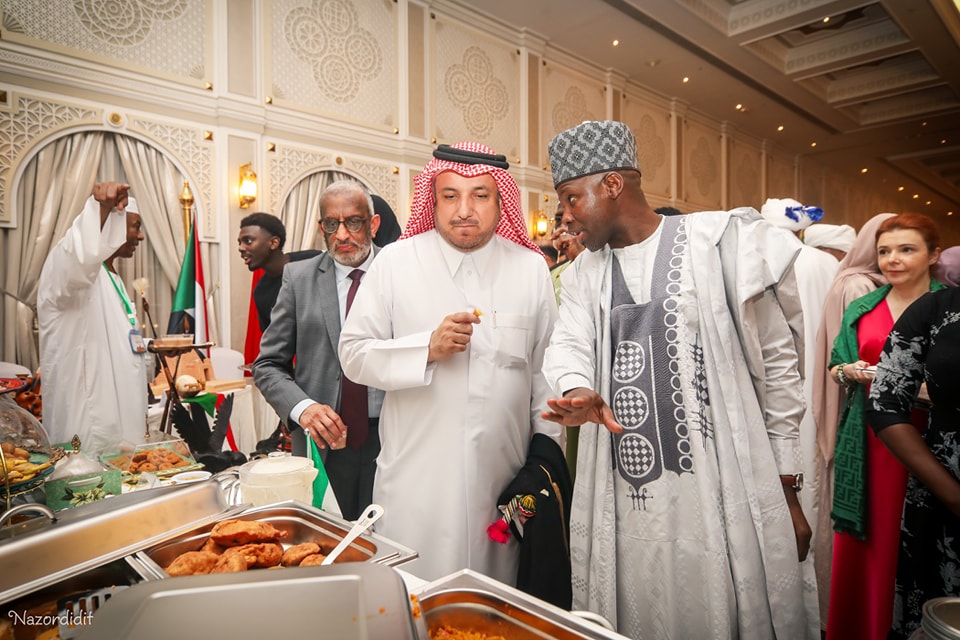
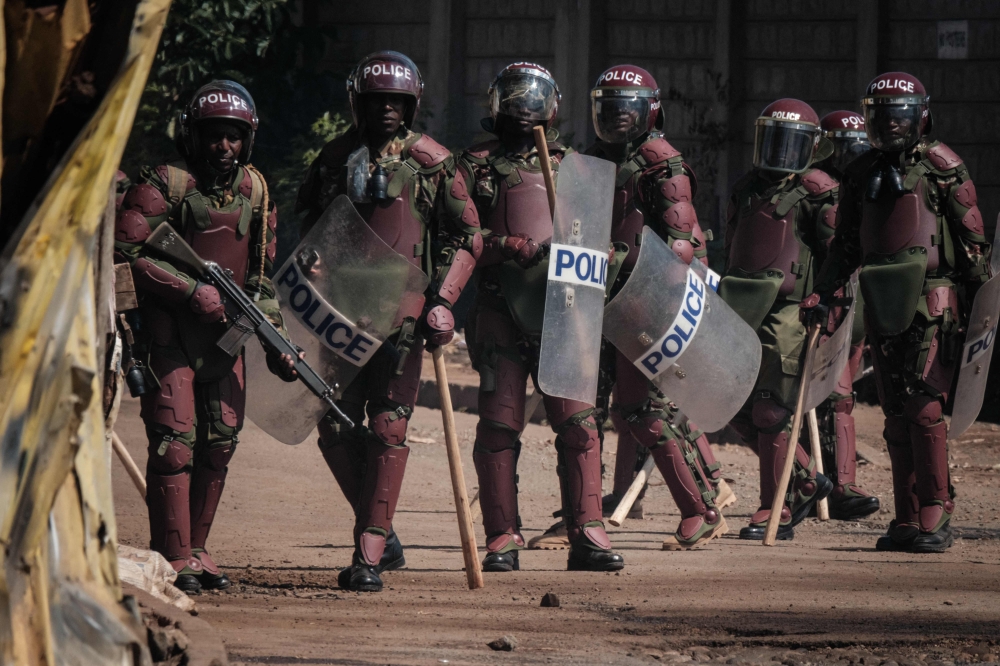



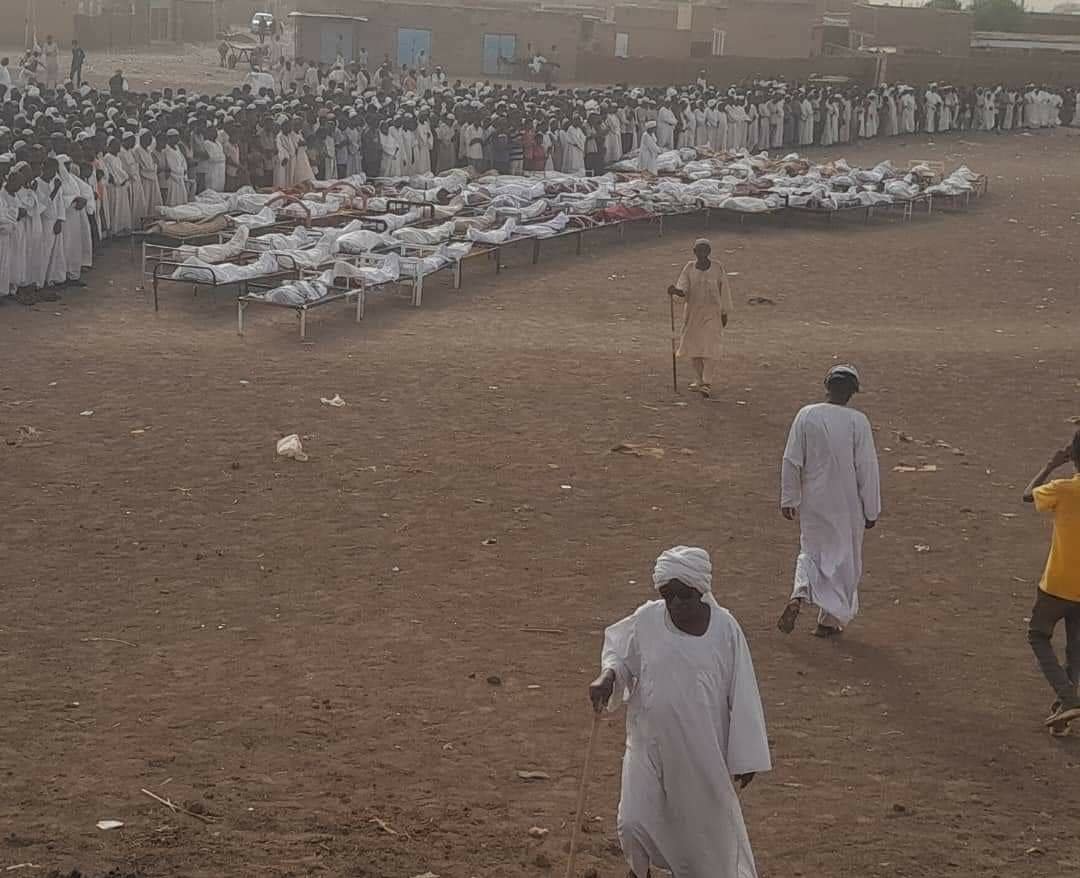




Leave a Reply